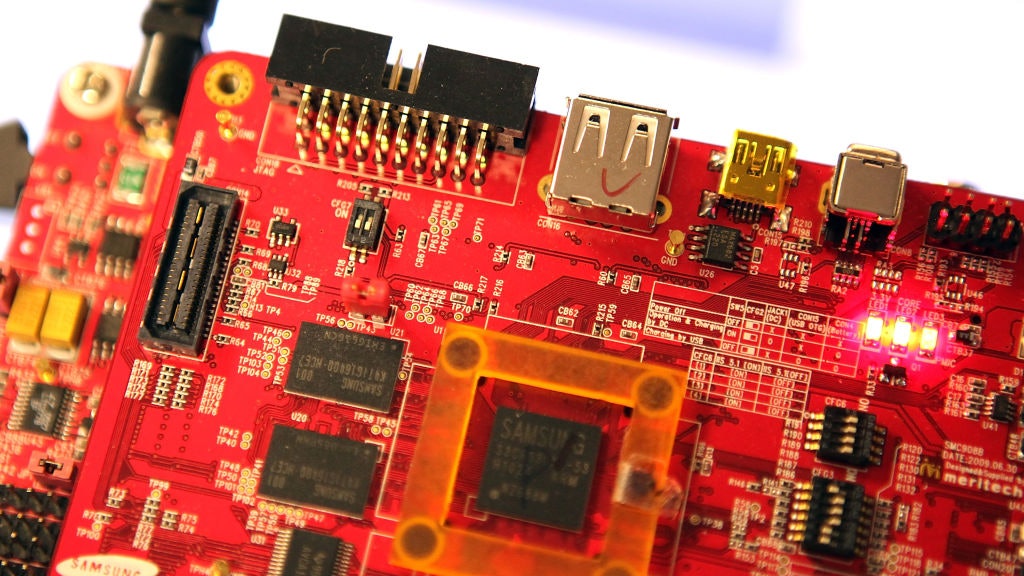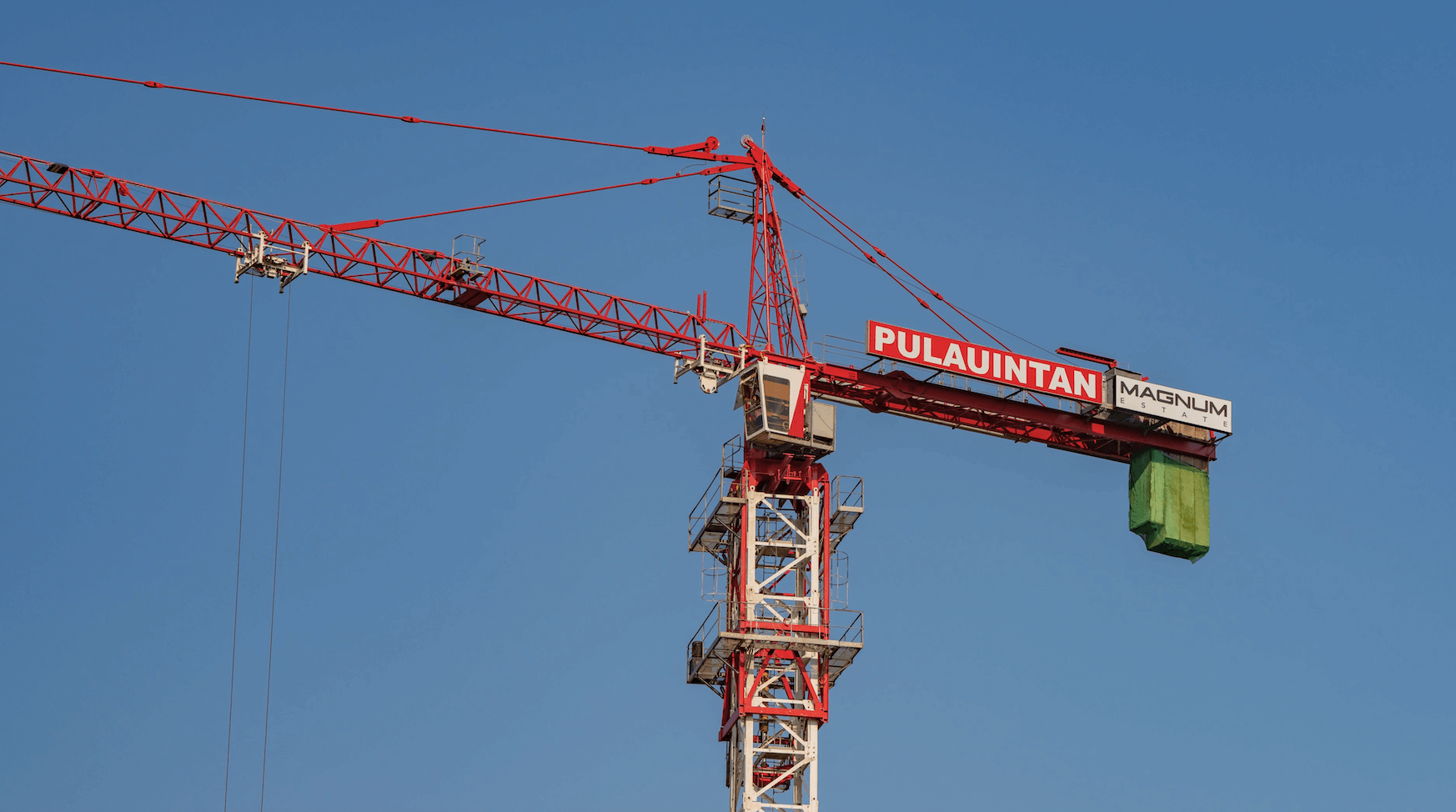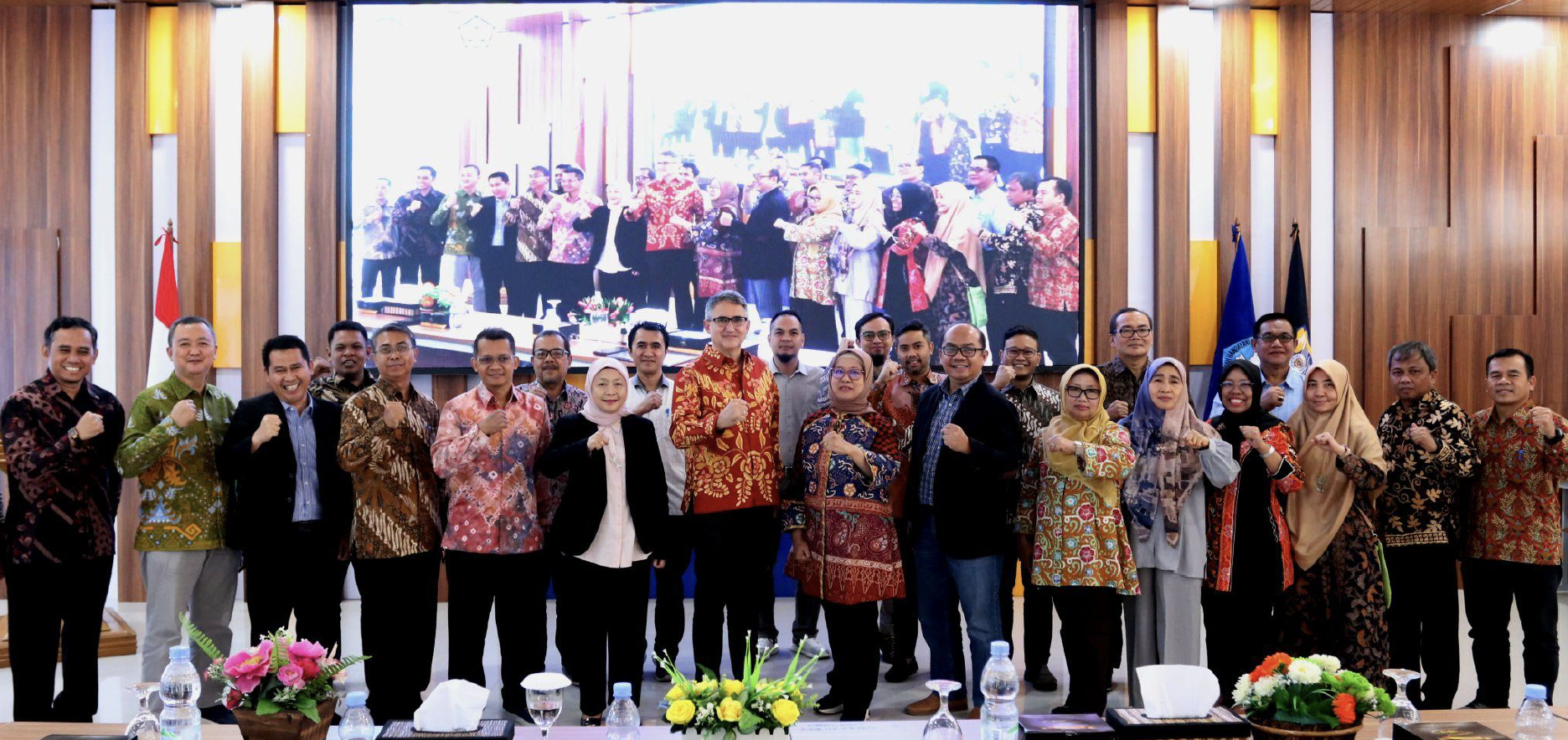Who will be affected by the economic war in Japan and South Korea? The answer may be global.
Japan launched a strong tactic, and on Thursday (4th), it strengthened the control of three important industrial materials exported to South Korea, which are widely used in the production of semiconductors. For these three materials, Japan has a global market share of 70% to 90%, and South Korea has a share of semiconductor memory of 50% to 70%. It is therefore possible to foresee disputes between Japan and South Korea and supply global semiconductors. Made a wide-ranging influence.
In fact, in the past few decades, there have been many frictions between Japan and South Korea. However, under the influence of the “United States, Japan and Korea Alliance”, Washington has traditionally played the role of “big brother” mediation. However, Donald Trump followed the US priority after his appearance. The concern for the two countries is more about the military expenses of the garrison. Bloomberg said that in this trade dispute between the two countries, Trump was stunned.
How does Japan make a move?
The Japanese government plans to clean and etch semiconductor high-purity hydrogen fluoride, fluorinated polyimide (PI) for TV liquid crystal display (LCD) and smartphone light-emitting diode (OLED) displays, and coated on semiconductor substrates. The sensitizer “photoresist” was launched for a three-month piece-by-piece review and application for permission. The authorities also expected to remove South Korea from the “white list” of security-friendly countries in August.
These three important industrial materials are mainly produced in Japan. At present, Japan accounts for about 90% of the global fluorinated polyimide production capacity and about 70% of the high-purity hydrogen fluoride production capacity. Therefore, even if the supplier is replaced, it is difficult to obtain enough substitute raw materials.
South Korea limits or causes crisis for semiconductor leaders
The above-mentioned consumption of raw materials is a key material for the production of semiconductors. For the Korean side in the downstream of the supply chain, when the Japanese pressure on supply, the country’s enterprises will feel the pressure. Moody’s Investors Service reported on Tuesday (2nd) that Japan’s restrictions on semiconductor materials exports to South Korea will “seriously affect” the global supply chain and interfere with Samsung Electronics and SK Hai The production of Korean technology companies such as Lux.
Japan’s Kyodo News quoted people in the semiconductor industry as saying that if Samsung’s production line stops, it will not only have a negative impact on the three materials companies but also have the opportunity to spread the entire semiconductor industry, including accepting South Korea’s supply of semiconductor and organic EL boards, smartphones and TVs. Machine companies, etc.
At present, Korean companies are leading the global semiconductor industry. First, Samsung ranked first in semiconductor sales, SK Hynix ranked third; in memory semiconductors, South Korea’s random access memory (DRAM) market share is 70%, flash memory (NAND Flash) Then about 50%. The Korean government says it will study counter-measures against Japan. And actively promote the production capacity of related raw materials.
Many commentators believe that the trade war between Japan and South Korea stems from the continuation of the “two-war” labor compensation issue between the two countries. Looking back at history, under the mediation of the United States, which is also an ally of the two countries, the two sides signed the “Korean-Japanese Basic Treaty” in 1965 to establish formal diplomatic relations. At that time, Japan paid about 300 million U.S. dollars (about 2.4 billion U.S. dollars today). Completely resolve the dispute between the two sides.
In this historical context, the three countries of the United States, Japan, and South Korea believe that they need to jointly resist security threats from North Korea and even China in Northeast Asia. Therefore, the United States has traditionally intervened in disputes between Japan and South Korea and mediate as a big brother.
Trump’s “U.S. Priority” and the interests of the event are of little interest.
However, after Trump took office, he pursued the “US priority” policy. The focus of Japan-Korea affairs lies in the interests of the two countries’ military services, such as the fire control radar incidents of the two countries since 2018., comfort women and labor issues in World War II. The coordination of North Korea’s denuclearization negotiations was almost deaf, and Japan and South Korea were also resolved on their own.
Another analysis believes that the United States abandoned the Obama era’s strategy of balancing China with its allies, and instead launched a trade war in person, and the North Korean issue revealed a turning point. This made Trump’s interest in mediating Japan-Korea differences greatly reduced. “Holding hands”, and the situation in Japan and South Korea may continue to deteriorate.











